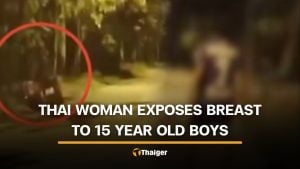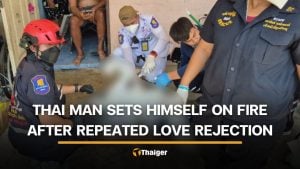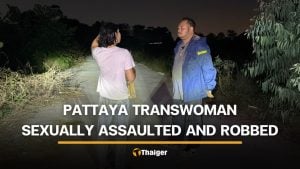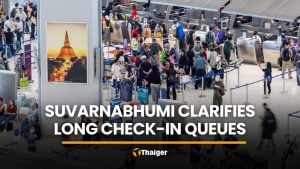Journalists under threat: July’s 10 most urgent cases

Across the world, as the COVID-19 pandemic continues to exert a toll on the way we live, it has also reshaped the way journalists work. Covering the pandemic and its aftermath has led to direct exposure to the virus, but just as concerningly, journalists have been exposed to the whims of authorities in some countries that use the contagion as a reason to crack down on the media.
Some of the emergency measures put into place that restrict press freedom — whether intended or not — could continue well into the future, and journalists are already facing the consequences. From February 2020 to June 22, 2021 alone, CPJ documented 221 press freedom violations related to the pandemic.
IWMF also recently published a report commissioned by the Gates Foundation on COVID-19 and how it has impacted the voices of women and journalists of color. “The Missing Perspectives of Women in COVID-19 News” shows that too few women experts have been quoted on the pandemic in the media. The study found that in South Africa, Kenya, India, Nigeria, the U.S. and the U.K., even when a woman’s voice is heard in the news on COVID-19, it is drowned out by the voices of men. The report finds that the absence of women’s perspectives in COVID-related news coverage means that women have limited influence over the framing of the crisis in the news and consequently, limited influence over policy decisions.
1. Rana Ayyub, Saba Naqvi and Mohammed Zubair (India)
Last year, police filed a criminal investigation against an editor at independent news website The Wire for allegedly “spreading discord” related to the COVID-19 lockdown. Now authorities have launched a criminal investigation against The Wire and journalists Rana Ayyub, Saba Naqvi and Mohammed Zubair that alleges they shared an unverified video that could cause social unrest.
2. Azimjon Askarov (Kyrgyzstan)
July 25 marks one year since journalist and human rights activist Azimjon Askarov died in a Kyrgyz prison. His family suspected that he had contracted COVID-19, but authorities refused to test him.
3. José Antônio Arantes (Brazil)
The founder and editor of Folha da Região has received threatening messages on social media in response to his coverage of the pandemic, and he was the target of an arson attack on the building housing both his home and newspaper headquarters.
4. Gamal al-Gamal (Egypt)
Egyptian freelance columnist contracted COVID-19 earlier this year while held in pretrial detention in Cairo’s notorious Tora Prison. While he was eventually transferred to a hospital, conditions behind bars remain unsafe for many inmates.
5. Rozina Islam (Bangladesh)
Rozina Islam was arrested in May on allegations of stealing official documents and espionage after reporting on alleged corruption and mismanagement in the government’s response to the pandemic. Though she was released on bail, if charged and convicted, she could face up to 14 years in prison and the death penalty.
6. Nurgeldi Halykov (Turkmenistan)
Freelance correspondent Nurgeldi Halykov has been behind bars since September 2020 on fraud charges, which colleagues believe are retaliation for his reporting, including coverage of the pandemic for independent Netherlands-based news website Turkmen.news.
7. Andrzej Poczobut (Belarus)
Political commentator and TV producer Andrzej Poczobut has been held in pre-trial detention since March. He has reportedly contracted COVID-19 while behind bars, with prisoners kept in crowded conditions, but has now been placed in quarantine.
8. Siddique Kappan (India)
Indian journalist behind bars reportedly collapsed earlier this year after reportedly contracting COVID-19. While a court dropped one of the non-bailable charges against him in June, authorities in Uttar Pradesh continue to pursue and investigate additional retaliatory charges against him.
9. Shahram Safari (Iran)
Freelance Kurdish journalist, who also runs local news Telegram channel “Rawezh Press,” was sentenced to three months in prison over his COVID-19 reporting. While he is appealing the decision, he faces two additional cases against him.
10. Oratile Dikologang (Botswana)
Oratile Dikologang, cofounder and digital editor of local website Botswana People’s Daily News, is due in court July 12 on charges relating to information shared to Facebook about COVID-19 and local politics. He denies publishing the posts.
SOURCE: DW News
Latest Thailand News
Follow The Thaiger on Google News:


























